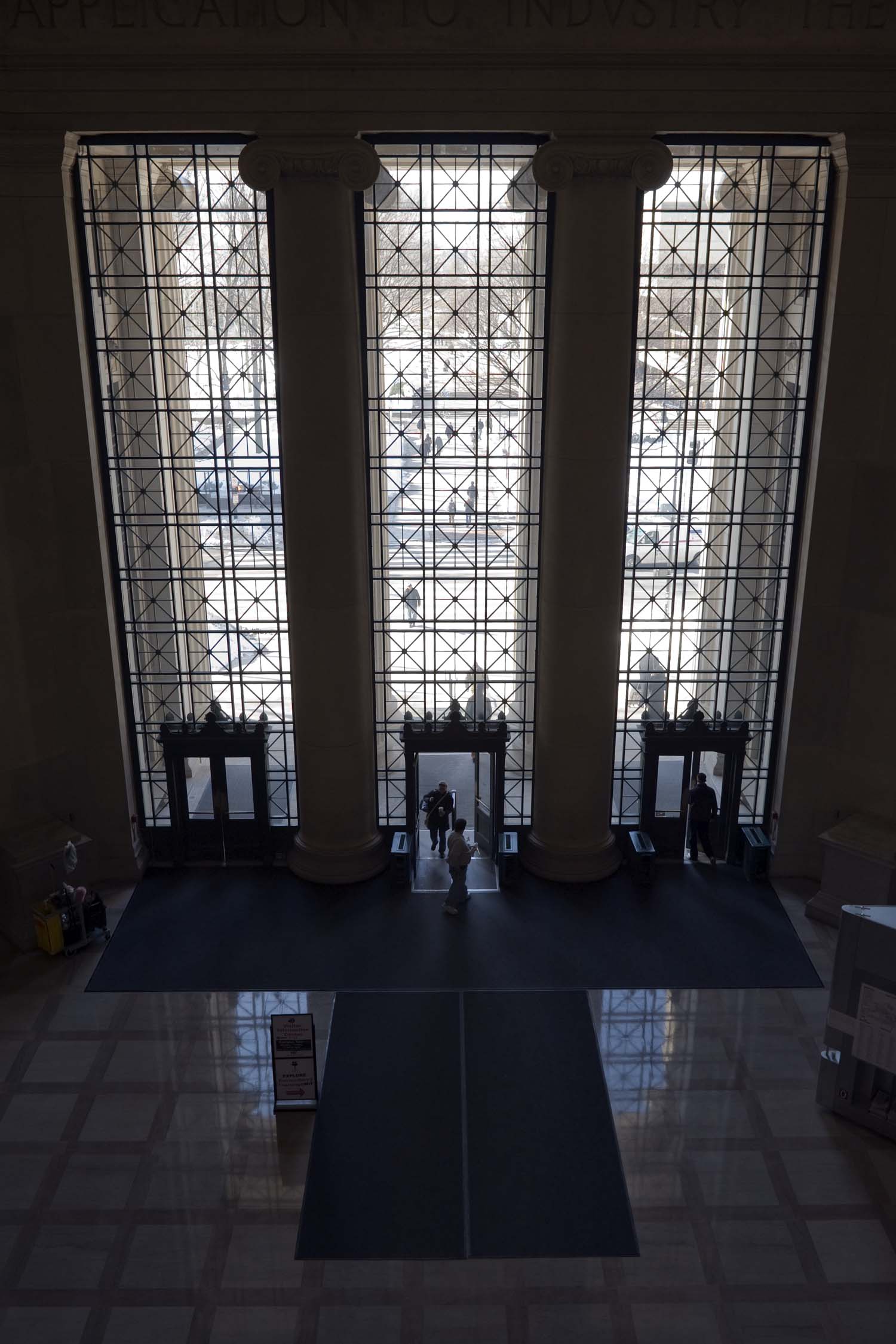Op Ed / Essays
Immigrant Scientists Create Jobs and Win Nobels
Of the nine people who shared this year's Nobel Prizes in chemistry, physics and medicine, eight are American citizens, a testament to this country's support for pioneering research. But those numbers disguise a more important story. Four of the American winners were born outside of the United States and only came here as graduate or post-doctoral students or as scientists. They came because our system of higher education and advanced research has been a magnet for creative talent.
Unfortunately, we cannot count on that magnetism to last. Culturally, we remain a very open society. But that openness stands in sharp contrast to arcane U.S. immigration policies that discourage young scholars from settling in the U.S.
Those policies come at a high price. Graduate and postgraduate student immigrants are essential to creating new, well-paid jobs in our economy. Of the 35 young innovators recognized this year by Technology Review magazine for their exceptional new ideas, only six went to high school in the United States. From MIT alone, foreign graduates have founded an estimated 2,340 active U.S. companies that employ over 100,000 people.
Amazingly, if as incoming students they had told U.S. immigration authorities that they hoped to stay on as entrepreneurs after graduation, they would have been turned back at the border. Our immigration laws specifically require that students return to their home countries after earning their degrees and then apply for a visa if they want to return and work in the U.S. It would be hard to invent a policy more counterproductive to our national interest.
If the U.S. was the only country in the world that offered scholars scientific freedom, a cumbersome immigration process might not be that harmful. But the world today is teeming with well-funded opportunities to do first-class science. To be competitive, the U.S. needs to send the unmistakable message that we want scholars to stay.
To do that we need the kind of broad new immigration policy that would allow foreign students who earn advanced degrees in science, technology, engineering and math to easily become legal permanent residents. President Barack Obama and many others are already calling for such a policy.
We also need to aggressively develop more homegrown talent. A recent report from the Organization of Economic Co-operation and Development (OECD) shows that we have lost our lead in education. In the 1960s, the U.S. had the highest high-school completion rate in the developed world; by 2005, we ranked 21st. In college completion, as recently as 1995 we ranked second. In 2005, we ranked 15th.
The OECD's report explains that we slipped in the rankings "not because U.S. college graduation rates declined, but because they rose so much faster" elsewhere. The U.S. now trails more than 16 nations in Europe and Asia in the proportion of 24-year-olds with bachelor's degrees in the natural sciences and engineering.
What we need is not just college graduates. We also need Ph.D.s in the sciences. Unfortunately, in the fields that spawn world-changing research and innovation, American graduate output has stagnated. From 1989 to 2003, despite a growing population, the number of American science and engineering Ph.D.s remained constant: an average of 26,600 a year. Over the same period and in the same fields, Ph.D.s awarded in China shot up to 12,000 from just 1,000.
In education, the world is accelerating while we are standing still, which is why Mr. Obama is pressing to revive our Sputnik-era commitment to science and math education.
Today, discovery and innovation increasingly spring from a creative network of the finest talent everywhere across the globe. From new advances in medicine to scientific breakthroughs that spawn new industries and sustainable jobs, the work of science and engineering is being done by individuals who can live almost anywhere.
To be part of that global creative network we must inspire more young Americans to pursue scientific careers, and we must rapidly reform U.S. immigration policies that drive away talented young scholars who would otherwise decide to live, work and innovate here. We should be proud of our Nobel Prize winners. But we should also craft policies that make it more likely that future Nobel laureates will do their work inside the U.S.
Originally published in the Wall Street Journal under the headline, "Immigrant Scientists Create Jobs and Win Nobels."
Reprinted with permission of The Wall Street Journal © 2009 Dow Jones & Company. All rights reserved.

